Upcoming changes in the law concerning the transmission of direct marketing are on the horizon. On July 12, 2024, the Parliament adopted the draft of the Electronic Communications Law (hereinafter referred to as PKE), along with transitional provisions to this Act. This Act will ultimately replace the Telecommunications Law, including the provision of Article 172 of the Telecommunications Law, and will also repeal Article 10 of the Act on Providing Services by Electronic Means (according to the transitional provisions to the Act), which previously regulated anti-spam issues in Polish law. The upcoming change in the law thus constitutes a unification of the existing regulations that were present in various legal acts with different scopes of application.

- Scope of Regulation. The new regulations concerning the transmission of marketing information still indicate the obligation to obtain the consent of the recipient (“subscriber or end-user”) of marketing communications sent via automatic calling systems or telecommunications terminal equipment. This means that Polish law does not fundamentally differentiate between entities that are or are not consumers, as the regulations do not mention different approaches to different groups of recipients.
- Authorized Control Bodies. Since the regulations concerning the transmission of marketing information have been placed in the PKE, after they come into force, the President of the Office of Electronic Communications will be responsible for ensuring compliance with the regulations. However, due to the fact that, in accordance with Article 398(4) of the PKE, “The action referred to in paragraph 1 constitutes an act of unfair competition within the meaning of the provisions of the Act of April 16, 1993, on Combating Unfair Competition,” it cannot be ruled out that in the case of violation of these regulations, there may be an intervention by the President of the Office of Competition and Consumer Protection (UOKiK) (e.g., in cases of practices violating collective consumer interests). According to the transitional provisions to the PKE, criminal provisions for violating statutory prohibitions have also been transferred to this Act.
- New Concept of Interpersonal Communication Services. According to the newly adopted regulations, under Article 398(1)(2) of the PKE, “It is prohibited to use telecommunications terminal equipment, particularly in the context of using interpersonal communication services.” Examples of such services include voice calls, as well as email, message transmission services, or group chats. Services that are gaining an increasing share of the market and will fall under the definition of interpersonal communication services include internet messengers. This means that the transmission of marketing messages also on the Internet, without using identifying email addresses or phone numbers, is subject to the legal regulations resulting from Article 398 of the PKE.
- Online Marketing Based on Consent. It should be noted that, in connection with the wording of Article 398(1) of the Electronic Communications Law, there are still no grounds for differentiating the situations of recipients of communications who are consumers or business recipients (entrepreneurs). The requirement for consent applies to each of these recipients, as both consumers and entrepreneurs (or their representatives) are subscribers or end-users within the meaning of the PKE. Therefore, attempts to find a basis for conducting marketing activities in the GDPR regulations, including Recital 47 which states that “the processing of personal data for direct marketing purposes can be regarded as carried out for a legitimate interest,” will not be correct. The legitimate interest referred to in the GDPR provisions is a legal basis for processing personal data for this marketing purpose, but it does not include the transmission of commercial information, including direct marketing as specified in Article 398 of the PKE (and when such “transmission of information” occurs, the PKE provisions should be applied).
- Proper Consent and Requirements for the Sender. According to Article 400 of the PKE, “The provisions on data protection shall apply mutatis mutandis to obtaining the consent of the subscriber or end-user.” This means that consent for marketing communication under the PKE should be a voluntary, specific, informed, and unambiguous statement or clear affirmative action (Article 4(11) of the GDPR), and the declaration of consent should be formulated in a manner that clearly distinguishes it from other matters (in accordance with Article 7(2) of the GDPR). It cannot be ruled out that the obligation to obtain specific consent in accordance with the GDPR will require the organizer of commercial information transmission, who intends to conduct the transmission using one of the methods specified in Article 398(1) of the PKE, to collect consents for a specific communication channel (e.g., separately for telemarketing activities and separately for email).
The organizer of the transmission, in connection with Article 400 of the PKE, must also ensure that recipients of commercial information, including direct marketing, have the right to withdraw consent (withdrawal of consent should be as easy as giving it), and to document the consents given in accordance with Article 7(1) of the GDPR in conjunction with Article 400 of the PKE; additionally, careful application of the PKE regulations requires proper labeling of commercial information in accordance with Article 9 of the Act on Providing Services by Electronic Means. - Interpretative Doubts. Article 398(2) of the PKE retains the requirement contained in Article 10 of the Act on Providing Services by Electronic Means, stating that “The consent referred to in paragraph 1 may be given by providing the subscriber or end-user with an electronic address that identifies them in accordance with the Act on Providing Services by Electronic Means, for the purpose of sending commercial information to the electronic address provided by the subscriber or end-user.” However, it is difficult to say whether this exception applies solely to email addresses or also to phone numbers or other data of the end-user. Moreover, the PKE regulations no longer mention sending commercial information to a “designated recipient,” but the teleological interpretation of the provision leads to the conclusion that the regulations should not apply to open groups of recipients in the case of internet advertising, such as displaying targeted ads to social media users. Commentators on the changes also point out the lack of appropriate reference in the provision to conducting telemarketing activities, as the provision only mentions “transmission of commercial information, including direct marketing,” whereas telemarketing involves transmitting or presenting commercial communications during calls. It is also difficult to find justification for adding the phrase “including direct marketing,” which previously existed under the Telecommunications Law, but without introducing a definition of this term.
- Prohibition of Conducting Activities at the Subscriber’s Expense. According to Article 398(3) of the PKE, “The use of the means referred to in paragraph 1 for the transmission of commercial information, including direct marketing, cannot be done at the cost of the end-user or subscriber.” This provision (corresponding to Article 172(3) of the Telecommunications Law) should particularly apply to calls with subscribers within the framework of telemarketers’ activities, where the cost of the telecommunications connection is transferred to the subscriber.
- B2B Marketing Without Opt-Out. For entrepreneurs intending to conduct direct marketing targeted exclusively at business recipients (contractors or clients) without the arduous process of collecting consents, the new regulation does not constitute a revolution and may be disappointing. Particularly due to the lack of implementation of Article 13(2) of Directive 2002/58 on privacy and electronic communications. The implementation of this Directive regulation into Polish law would allow for the conduct of direct B2B marketing by informing persons with whom the organizer of the transmission remains in a commercial relationship about such a purpose of data processing (e.g., regarding email addresses) or with the possibility of objecting to the receipt of unsolicited communications by the recipient.
This would be justified considering that in professional or business relationships, the privacy of recipients does not require such strong protection and is not as significant as in relationships with individuals not conducting economic activity (e.g., consumers).


